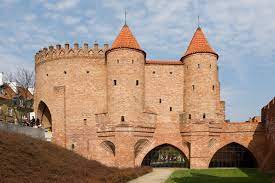
Warsaw, the capital city of Poland, is a vibrant destination with a rich history, diverse culture, and an array of cultural landmarks that make it a must-visit for travellers.
From its charming Old Town to its fascinating Jewish quarter, Warsaw offers a unique blend of historical and contemporary attractions that set it apart from other popular Polish cities like Gdansk and Krakow.
One of the main reasons to visit Warsaw is its beautifully restored Old Town. This UNESCO World Heritage site showcases the city’s rich architectural heritage, with its cobblestone streets, colourful facades, and charming squares.
The Old Town Square, known as Castle Square, is a focal point, where visitors can admire the Royal Castle, a magnificent structure that was once the residence of Polish kings. Castle Square also serves as a vibrant meeting place, hosting cultural events, concerts, and street performances, adding to the lively atmosphere of the city.
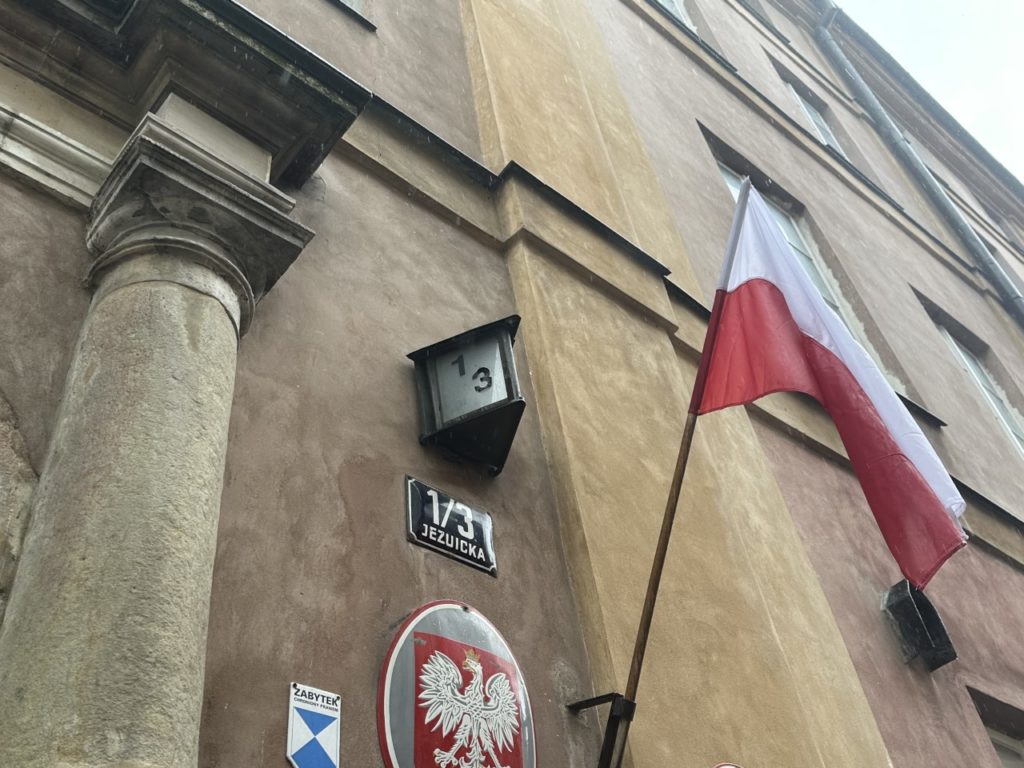
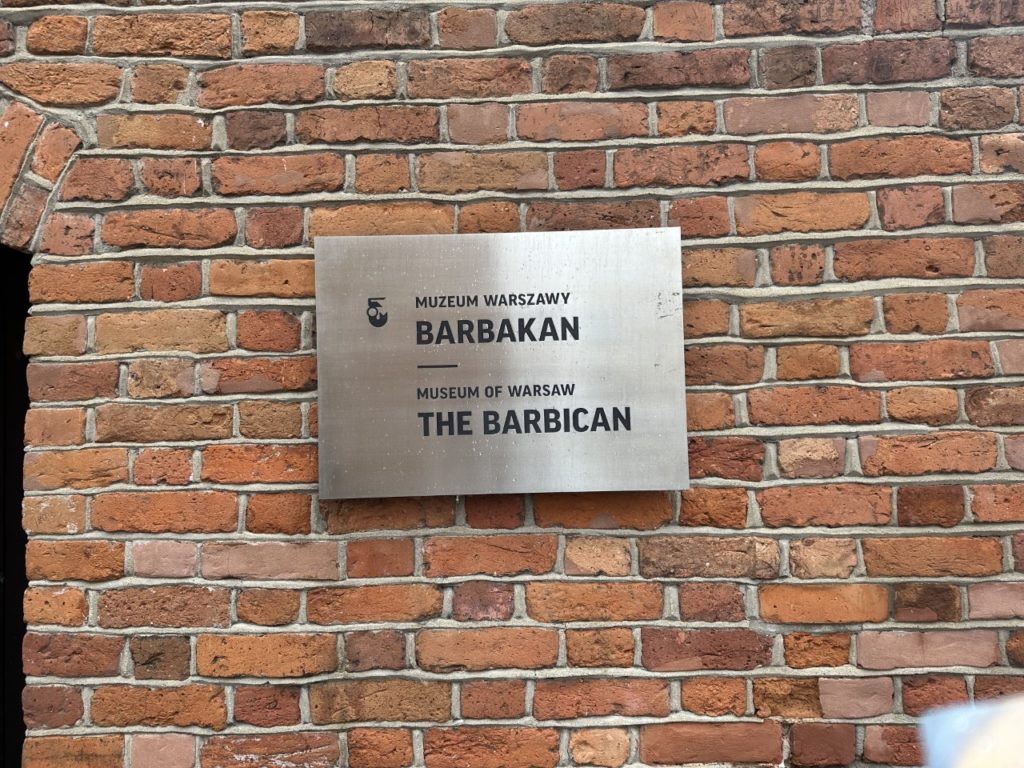
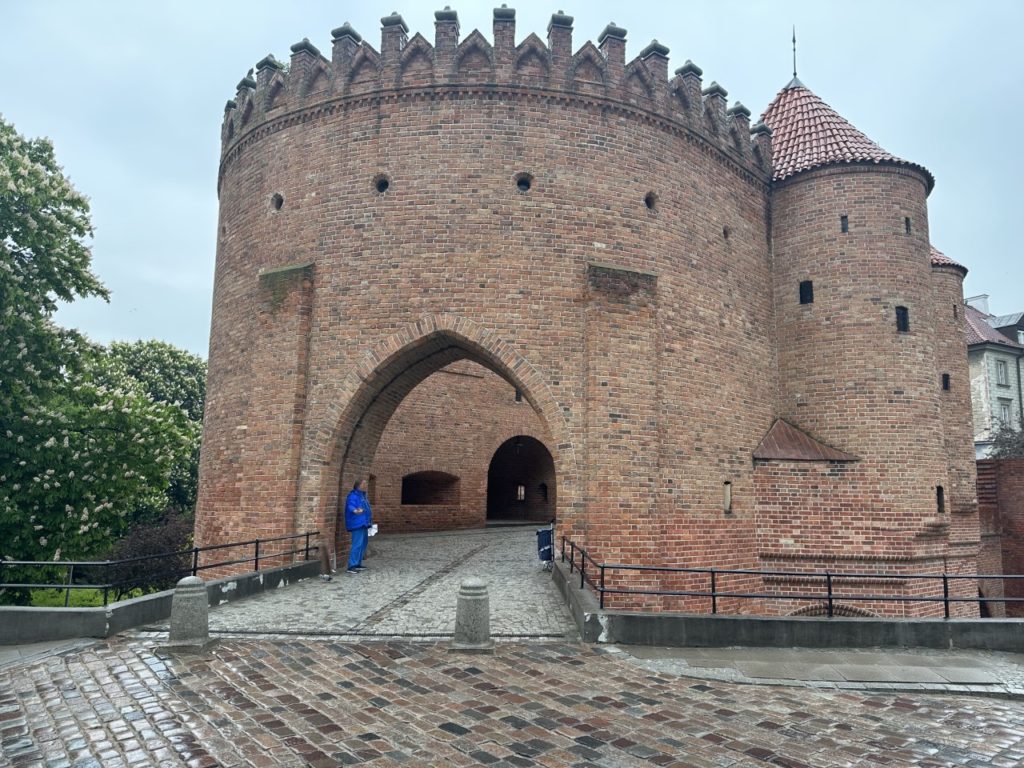
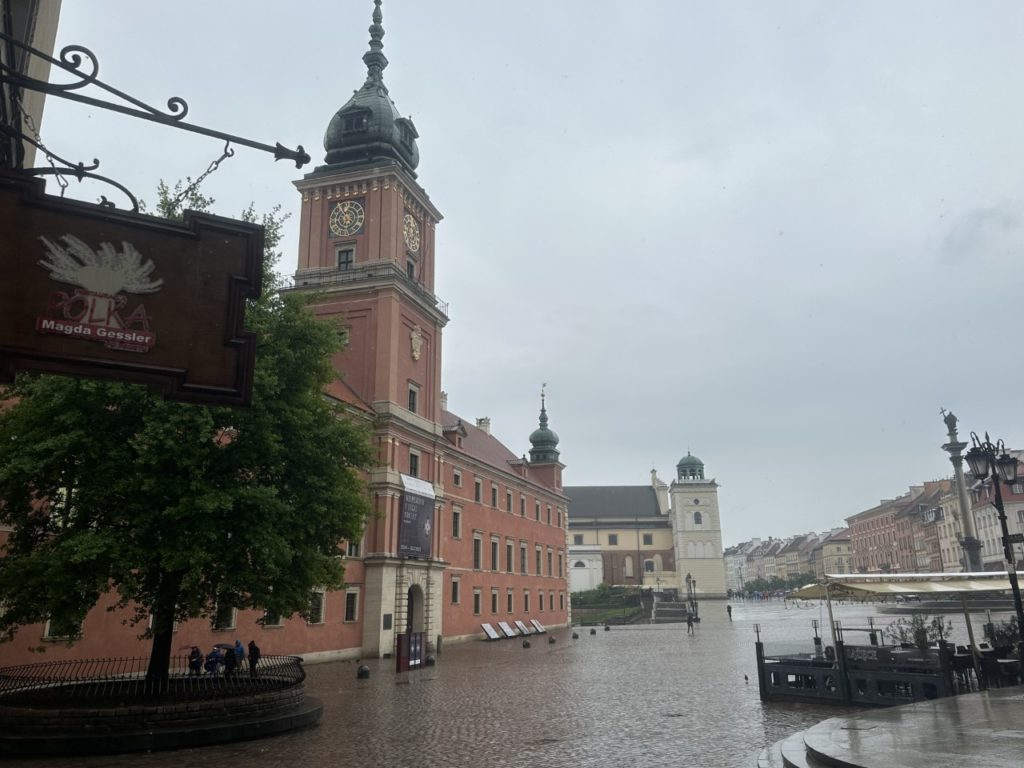
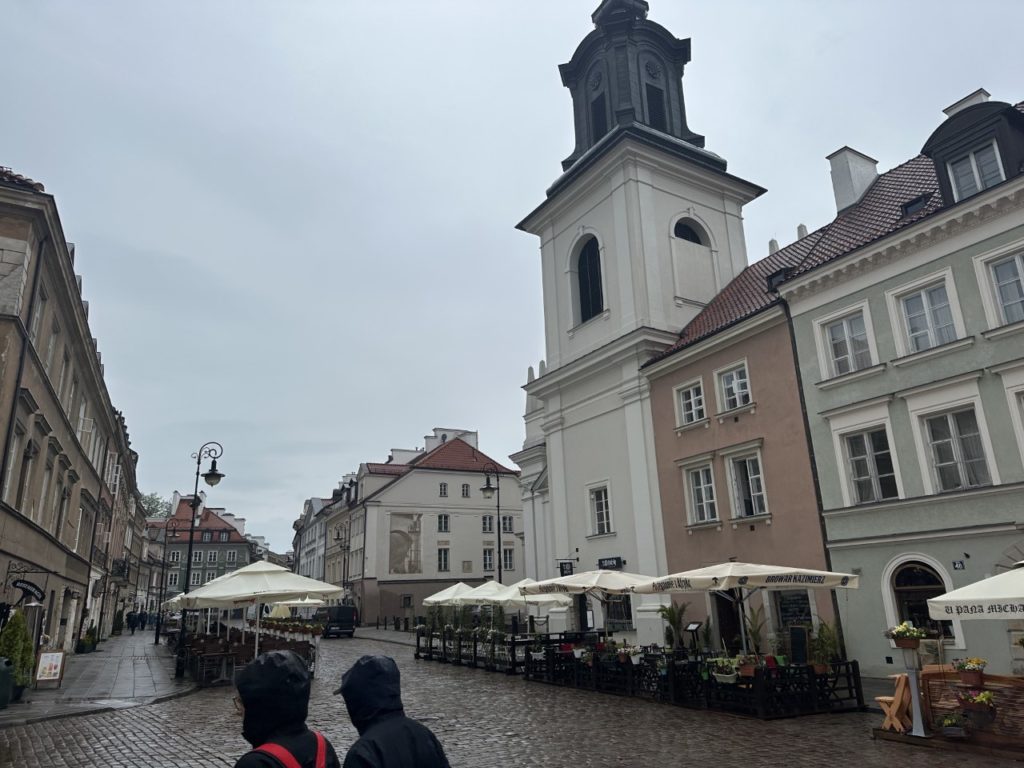
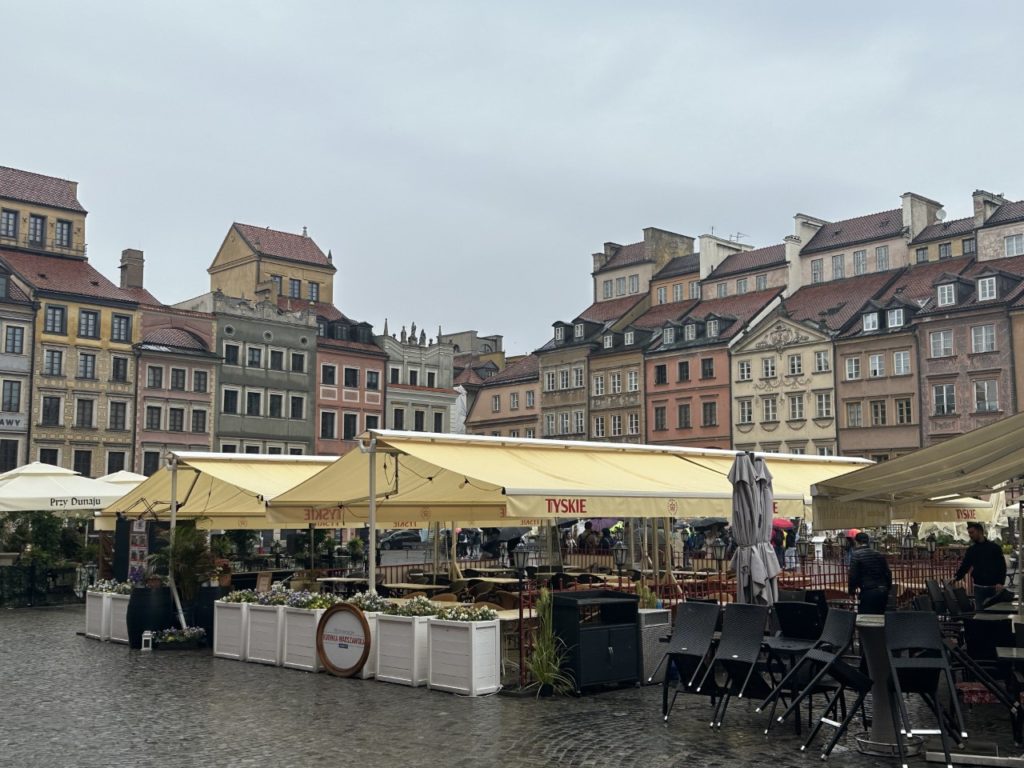
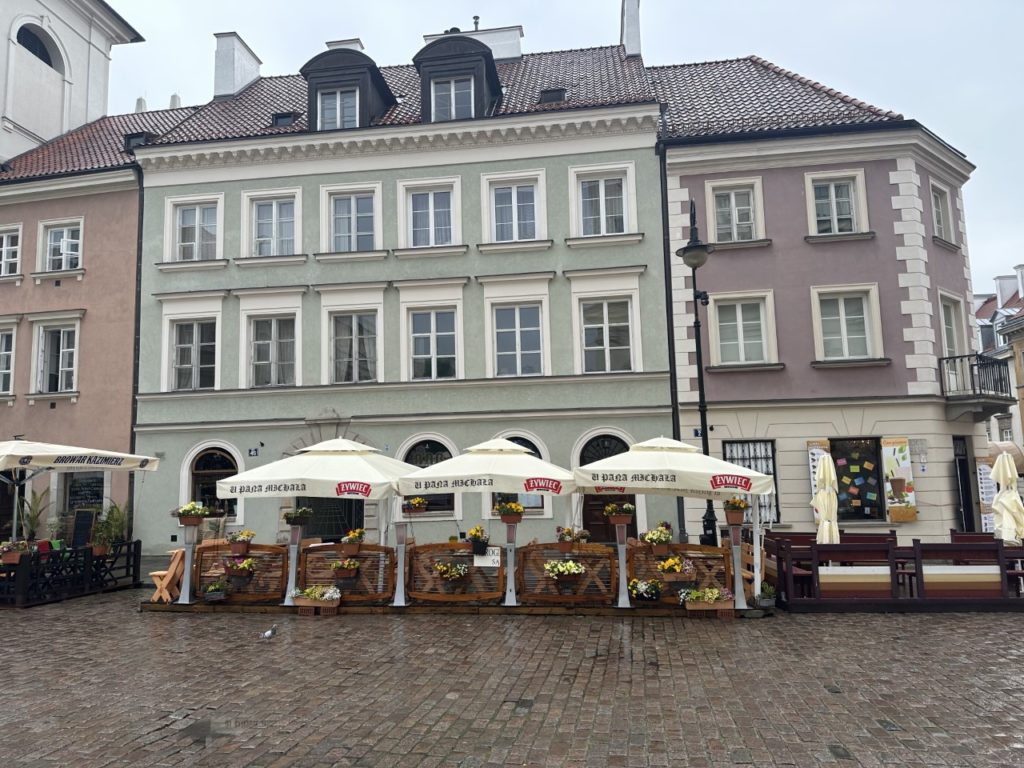
Another highlight of Warsaw is its bustling market square, known as the Rynek Starego Miasta. This vibrant square is lined with colourful townhouses and is the perfect place to soak up the city’s atmosphere. Visitors can enjoy outdoor cafes, sample traditional Polish cuisine, and browse through local handicrafts and souvenirs. The market square is particularly enchanting during the summer months when outdoor concerts and festivals take place, creating a lively and festive ambience.
The iconic Barbican, a fortified outpost dating back to the 16th century, is another significant landmark in Warsaw. This medieval defensive structure stands as a testament to the city’s past and offers visitors a glimpse into its historical military architecture. Walking along the Barbican walls and exploring its gates provides a unique perspective on Warsaw’s history and adds an element of adventure to any visit.
Warsaw’s Jewish quarter, known as Muranów, is a culturally rich neighbourhood with deep historical significance. It was once home to a thriving Jewish community before World War II. Today, visitors can explore the area’s synagogues, visit the Polin Museum of the History of Polish Jews, and pay homage to the victims of the Warsaw Ghetto Uprising at the Monument to the Ghetto Heroes. Muranów provides a moving and poignant reminder of the city’s past and its enduring Jewish heritage.
When comparing Warsaw to other Polish cities like Gdansk and Krakow, it offers a distinctly urban experience. While Gdansk boasts a picturesque coastal setting and Krakow captivates with its well-preserved medieval charm, Warsaw stands out as a cosmopolitan metropolis with dynamic energy and modern infrastructure. The city has a thriving arts and cultural scene, with numerous theatres, art galleries, and music venues. Warsaw also houses an impressive collection of museums, including the Warsaw Uprising Museum and the National Museum, which showcase the city’s history and artistic heritage.
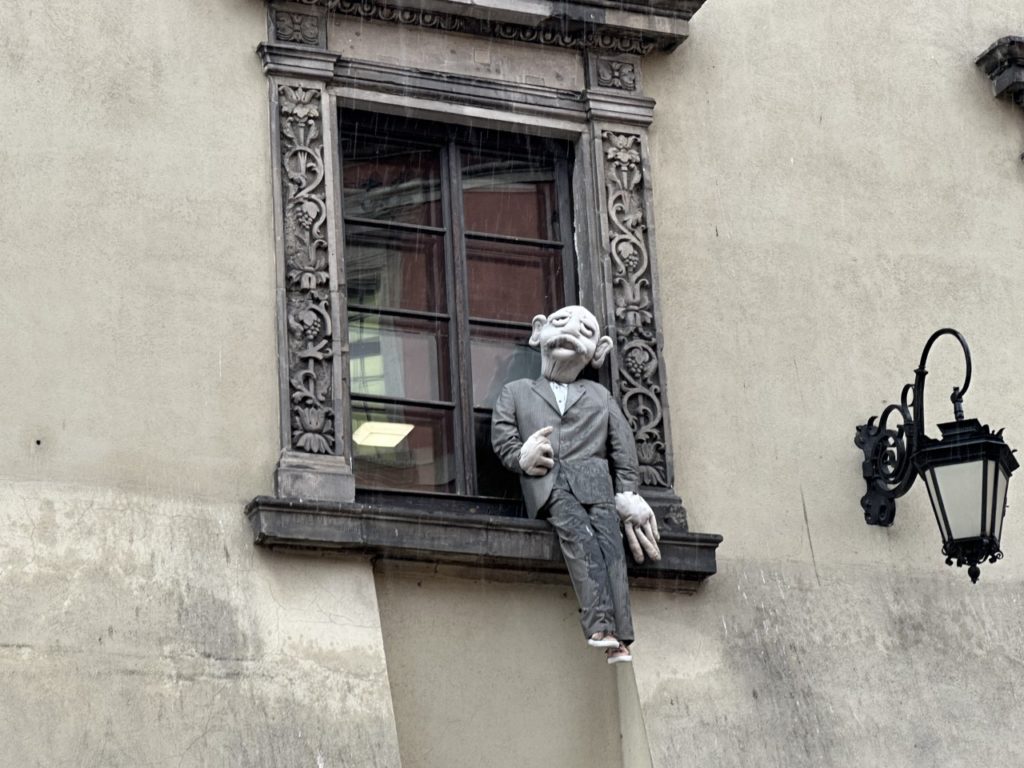
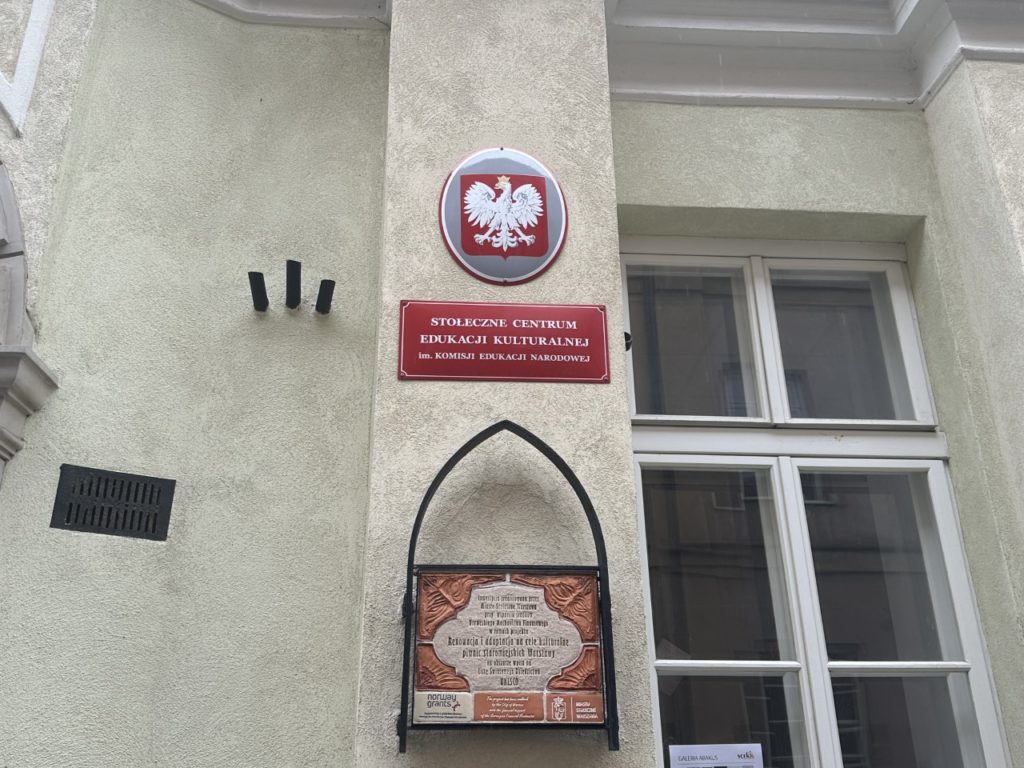
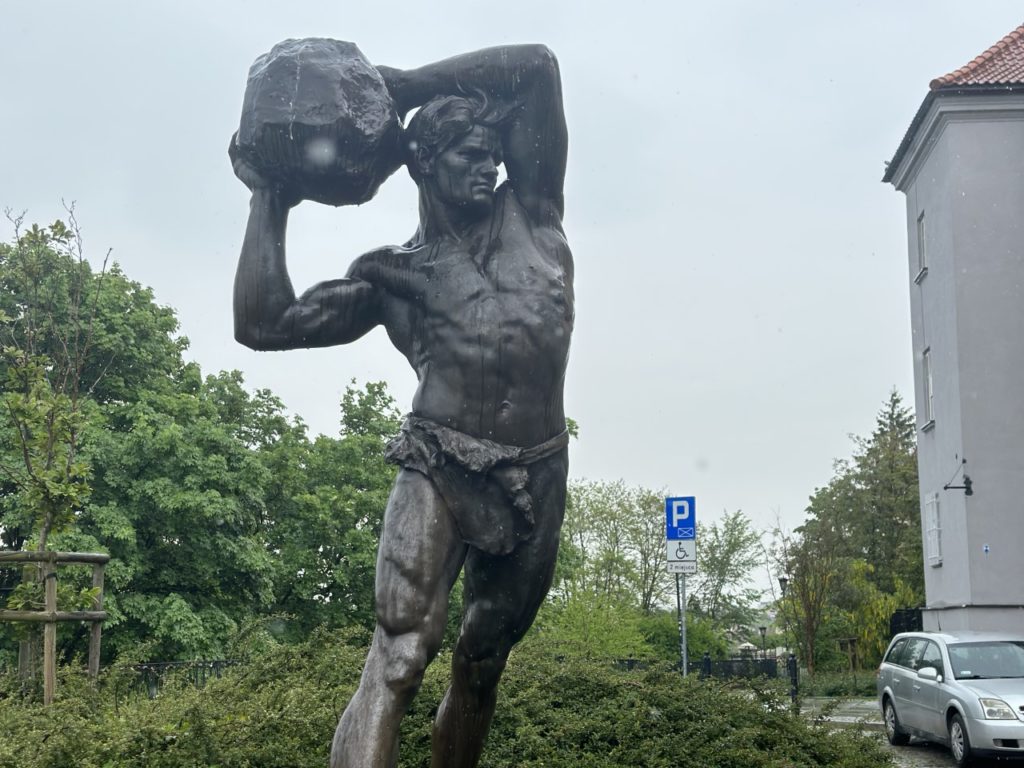
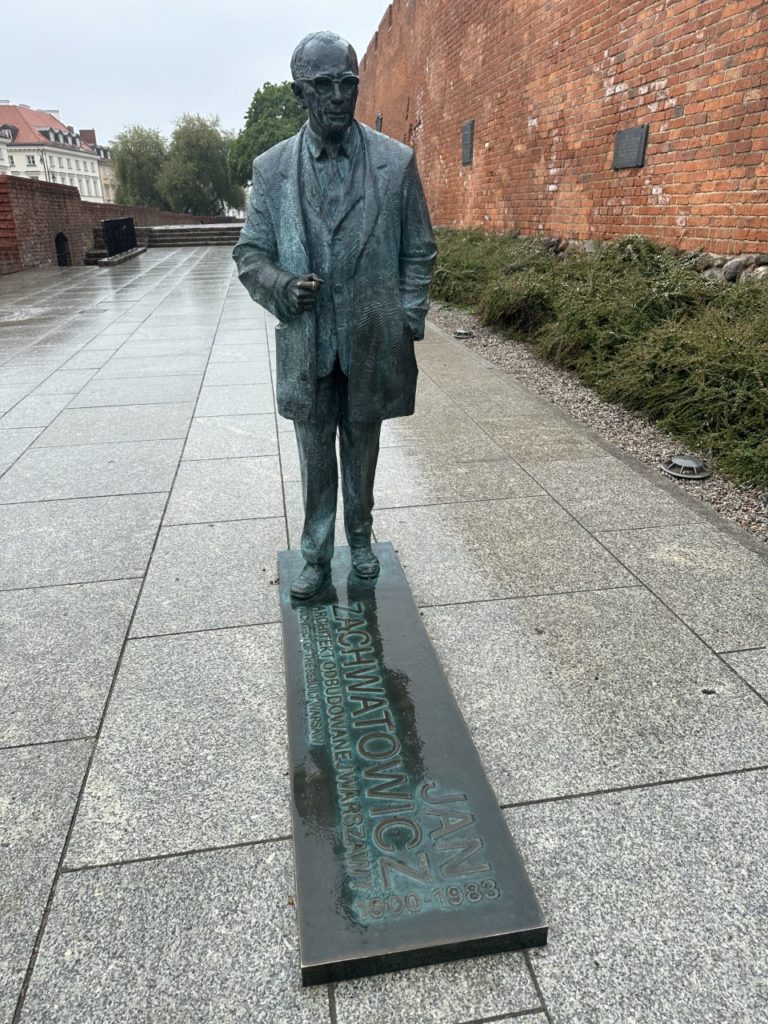
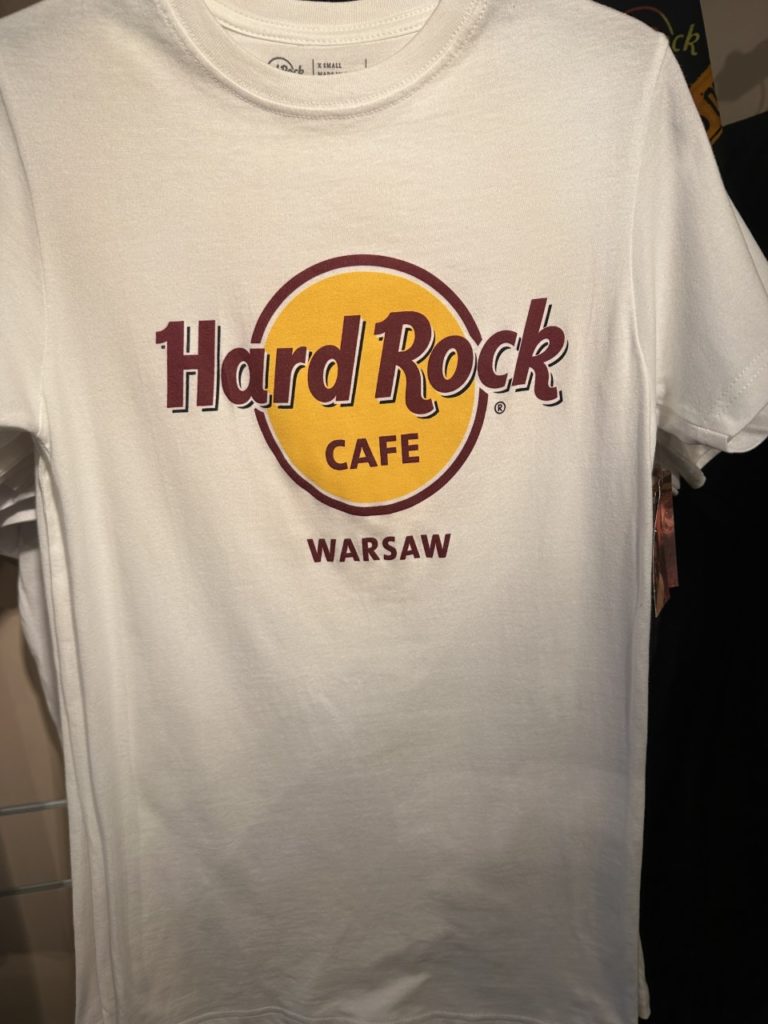
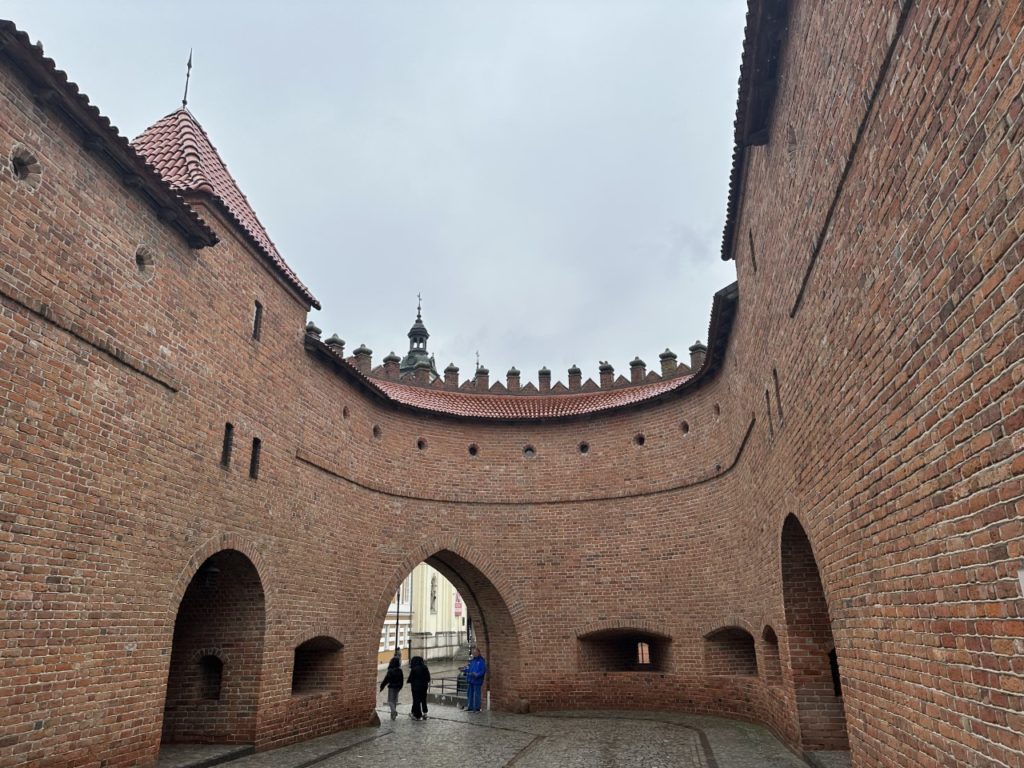
Furthermore, Warsaw’s vibrant nightlife is a major draw for visitors. The city offers a plethora of trendy bars, nightclubs, and live music venues that cater to various tastes and interests. From sophisticated cocktail bars to underground music scenes, Warsaw’s nightlife scene is diverse and ever-evolving, ensuring an exciting and memorable experience for all visitors.

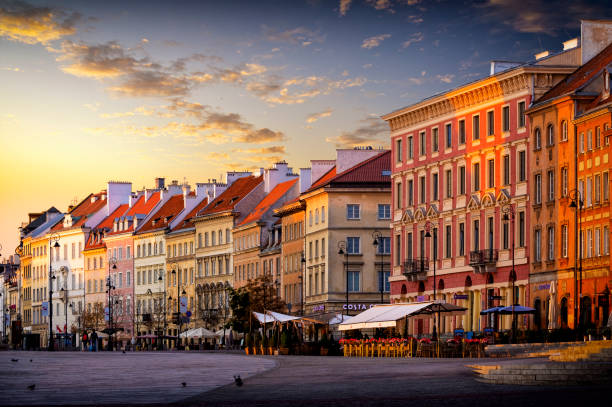
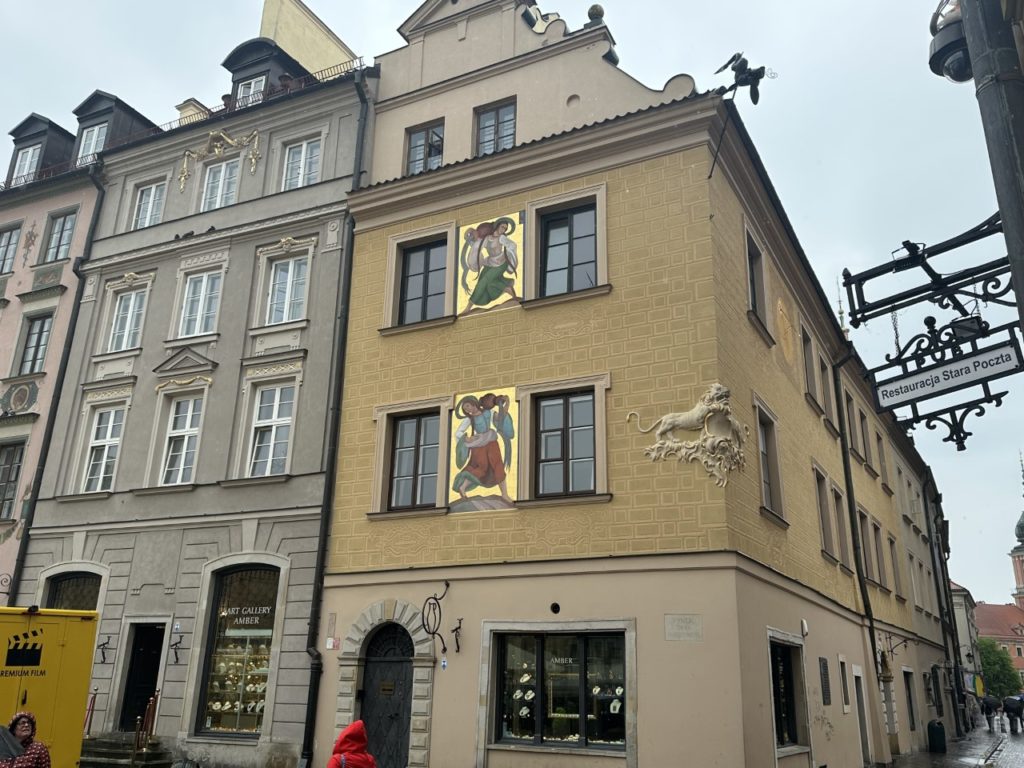
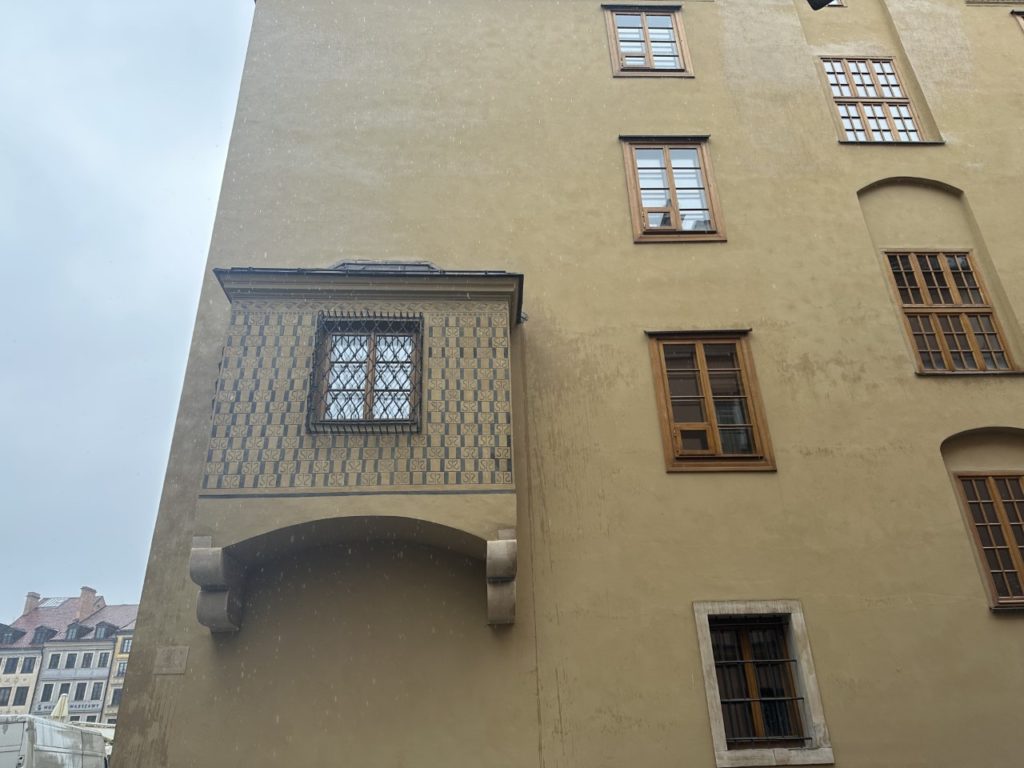
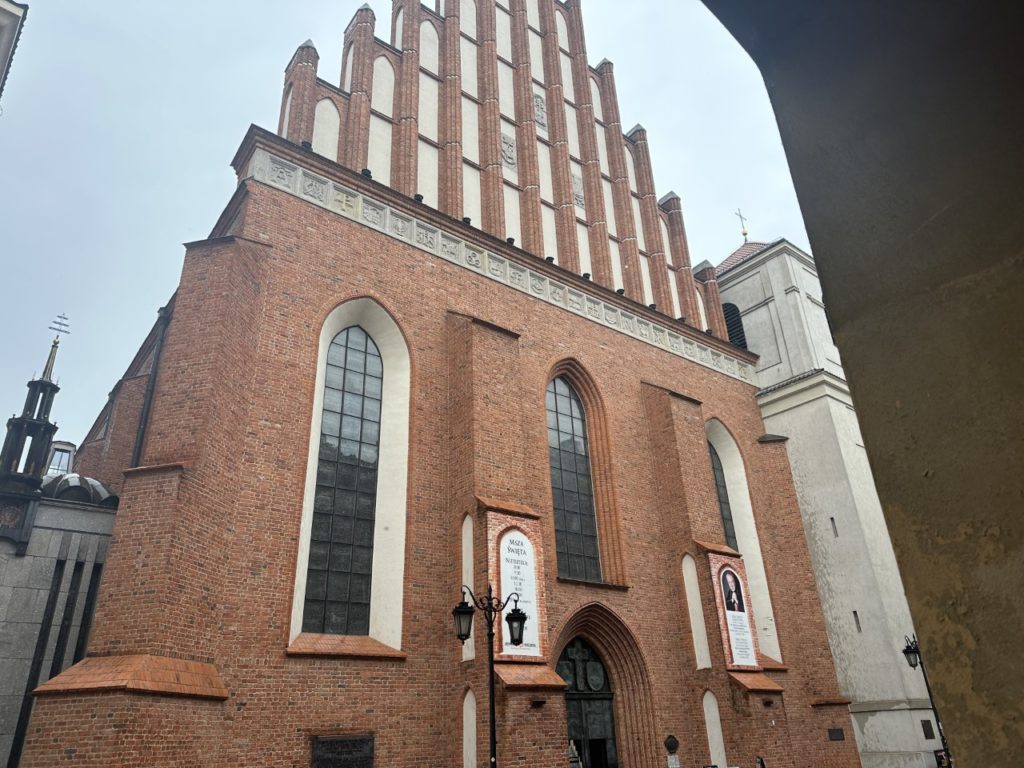
In conclusion, Warsaw is a city that combines historical landmarks with modern attractions, offering a unique and dynamic travel experience. Its Old Town, Castle Square, market square, Barbican, and Jewish Quarter provide glimpses into its past while showcasing its cultural heritage. Compared to Gdansk and Krakow, Warsaw stands out as a cosmopolitan hub with a thriving arts scene, vibrant nightlife, and distinct urban energy. Whether you are fascinated by history, architecture, or contemporary culture, Warsaw promises to be a captivating destination that should not be missed.
For more information on Warsaw and Poland’s other great cities see:
Poland.travel – Comprehensive tourist travel guide through beautiful places in Poland




